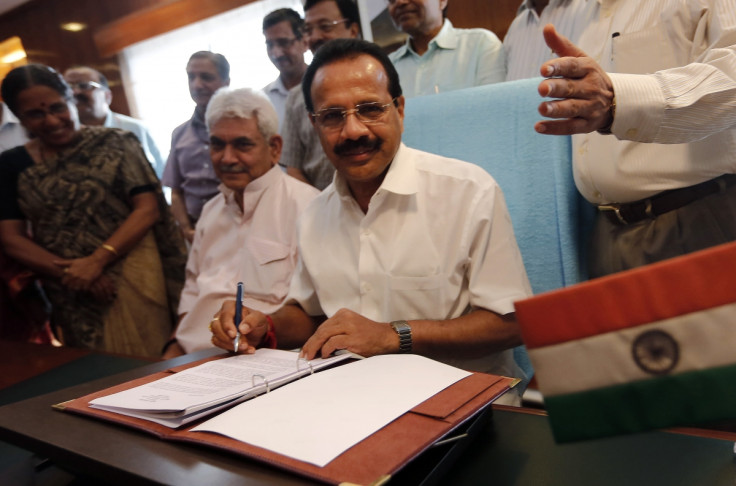India Proposes FDI and Private Investment in Railway to Modernise Facilities

India is planning to open up its state-monopolised railway sector to private and foreign investment to fund its future projects aimed at modernising the system.
"We are seeking cabinet nod to allow FDI in the railway sector," railway minister D V Sadananda Gowda said during his maiden budget presentation in the Indian parliament.
However, FDI will be allowed only in railway infrastructure and not in operations. In addition, the country's focus will be on aggressive indigenisation, Gowda said.
The bulk of future railway projects will be financed via the public-private partnership (PPP) route, according to Gowda.
The country earlier hiked rail fares for passengers and goods in order to meet the sector's proposed expenses.
Gross traffic receipts in 2014-15 are estimated at 1.64tn ($27bn, £16bn, €20bn) rupees, including 80bn rupees generated from the fare hike. Meanwhile, the expenditure is estimated at 1.49tn rupees.
Despite being a monopoly in the country, the Indian railway has been suffering from low investment and rising losses, and Gowda said the situation was due to mismanagement.
The loss per passenger per kilometre increased to 0.23 rupees in fiscal year 2012-13 from 0.10 rupees in 2000-01, he noted.
India's vast rail network, the fourth largest in the world with 1.3 million employees, has been criticised for its outdated facilities. With modernisation of the railway being a tough job involving huge investments, successive governments have stepped away from it in order to woo voters with cheap fares.
The new government under Prime Minister Narendra Modi earlier hinted that its policies would be tough and unpopular, but are directed at long-term growth of the economy.
© Copyright IBTimes 2024. All rights reserved.






